My Take on the 18th Sunday in Ordinary Time -St. Philip Benizi Sunday, 3 August 2014 Sermon
The greatest enemy of our church today is not sexual immorality, Ebola, HIV but envy. Envy is an emotion that comes from a person lacking what others have. Sometimes it is thinking he or she lacks it when the person might actually have it. It might be as a result of not being content with what he or she has.
Envy comes from the Greek work which is originally φθόνος, ου, ὁ, with a Transliteration: phthonos – (a primitive word, perhaps akin to 5351/phtheírō, “decay, break-down, corrupt”) – properly, strong feeling (desire) that sours, due to the influence of sin; (figuratively) the miserable trait of being glad when someone experiences misfortune or pain.
Envy definition as a noun – is a feeling of discontented or resentful longing aroused by someone else’s possessions, qualities, or favor. Envy defined as verb – is desire to have a quality, possession, or other desirable thing belonging to someone else.
It is a painful desire of what others have. We as human being are inertly envious but as Christians we need to tame that canal part of us. Sons will envy fathers for the closeness to their mum, daughters will envy their mums for their closeness to their father. In Ghana as kids we envy our fathers for all the meat they are served. Now we are told that they should not be eating all that meat. The kids should be eating that. Mums envy their adolescent daughters for their physic. These normally when kept under control is not bad, but even with this if not managed could have some consequences
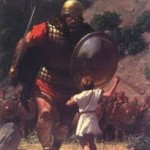 Envy routes from jealousy & jealousy from covertness. Comparison breeds envy –Saul was envious of David because the people were praising him and David to have killed enemies – 1 Samuel 18: 6 “It happened as they were coming, when David returned from killing the Philistine, that the women came out of all the cities of Israel, singing and dancing, to meet King Saul, with tambourines, with joy and with musical instruments. 7 The women sang as they played, and said, “Saul has slain his thousands, And David his ten thousands.” 8 Then Saul became very angry, for this saying displeased him; and he said, “They have ascribed to David ten thousands, but to me they have ascribed thousands. Now what more can he have but the kingdom?”…
Envy routes from jealousy & jealousy from covertness. Comparison breeds envy –Saul was envious of David because the people were praising him and David to have killed enemies – 1 Samuel 18: 6 “It happened as they were coming, when David returned from killing the Philistine, that the women came out of all the cities of Israel, singing and dancing, to meet King Saul, with tambourines, with joy and with musical instruments. 7 The women sang as they played, and said, “Saul has slain his thousands, And David his ten thousands.” 8 Then Saul became very angry, for this saying displeased him; and he said, “They have ascribed to David ten thousands, but to me they have ascribed thousands. Now what more can he have but the kingdom?”…
Personal insecurity also causes envy – Saul thought David could take his kingdom and that caused him to envious, instead of taking the man who kills 10,000 and make him is commander in chief, he rather was feeling insecure around him and rather wanted to eliminate a strength he Saul could use.
Fruits of envy are; – evil actions, Saul nearly killed the daughter, even his wife, because of his envy of David and thought and acted otherwise. Envy causes irrational and unjustified fear – we pretend not to see the good in the others. It causes us unnecessary heartaches. It was through envy that; some angles fell from heaven, Lucifer fell, Cain killed Abel out of envy, Joseph was sold into slavery, Daniel thrown into the lion den.
Pilate in his mind thought the Jews were envious of Christ & was the reason why they had brought Christ to him to be condemned. It makes us lose good friends, lose our self-respect, lose our God and heaven. It brings harm to ourselves, causes hatred for the person you envy. It arouses criticism to destroy the person we envy. It is destructive and not constructive. Leads to destruction of the character of the person who envies as he tries to kill the character of the person he is envying.
In the Gospel we hear of John the Baptist’s death. He was killed for condemning Herold for taking his brothers wife. The woman thought her position of king wife was at stake, out of envy for the king’s wives. So when John the Baptist raised the alarm, she planned & got him killed. Herold was also blind
As Christians who want to go to heaven let’s ask Christ to help us do away with envy. Let us be content with what God has given us and when we need anything lets us go to God in prayer. Pray like in the responsorial psalm; Ps 145 The hand of the Lord feeds us; he answers all our needs. The Lord will hear your prayer and grant it to you if He believe you need it. Even if the request tarries wait in the Lord. They that wait upon the Lord shall renew their strenth
LITURGY OF THE WORD
FIRST READING
Isaiah 55:1–3
Thus says the LORD:
All you who are thirsty, come to the water! You who have no money, come, receive grain and eat; come, without paying and without cost, drink wine and milk! Why spend your money for what is not bread; your wages for what fails to satisfy? Heed me, and you shall eat well, you shall delight in rich fare. Come to me heedfully, listen, that you may have life. I will renew with you the everlasting covenant, the benefits assured to David.
RESPONSORIAL PSALM
Psalm 145:8–9, 15–16, 17–18 (see 16)
R. The hand of the Lord feeds us; he answers all our needs.
The LORD is gracious and merciful, slow to anger and of great kindness. The LORD is good to all and compassionate toward all his works.
R. The hand of the Lord feeds us; he answers all our needs.
The eyes of all look hopefully to you, and you give them their food in due season; you open your hand and satisfy the desire of every living thing.
R. The hand of the Lord feeds us; he answers all our needs.
The LORD is just in all his ways and holy in all his works. The LORD is near to all who call upon him, to all who call upon him in truth.
R. The hand of the Lord feeds us; he answers all our needs.
SECOND READING
Romans 8:35, 37–39
Brothers and sisters:
What will separate us from the love of Christ? Will anguish, or distress, or persecution, or famine, or nakedness, or peril, or the sword? No, in all these things we conquer overwhelmingly through him who loved us. For I am convinced that neither death, nor life, nor angels, nor principalities, nor present things, nor future things, nor powers, nor height, nor depth, nor any other creature will be able to separate us from the love of God in Christ Jesus our Lord.
ALLELUIA
Matthew 4:4b
R. Alleluia, alleluia.
One does not live on bread alone, but on every word that comes forth from the mouth of God.
R. Alleluia, alleluia.
GOSPEL
Matthew 14:13–21
When Jesus heard of the death of John the Baptist, he withdrew in a boat to a deserted place by himself. The crowds heard of this and followed him on foot from their towns. When he disembarked and saw the vast crowd, his heart was moved with pity for them, and he cured their sick. When it was evening, the disciples approached him and said, “This is a deserted place and it is already late; dismiss the crowds so that they can go to the villages and buy food for themselves.” Jesus said to them, “There is no need for them to go away; give them some food yourselves.” But they said to him, “Five loaves and two fish are all we have here.” Then he said, “Bring them here to me,” and he ordered the crowds to sit down on the grass. Taking the five loaves and the two fish, and looking up to heaven, he said the blessing, broke the loaves, and gave them to the disciples, who in turn gave them to the crowds. They all ate and were satisfied, and they picked up the fragments left over — twelve wicker baskets full. Those who ate were about five thousand men, not counting women and children.
Saint of the Day St. Philip Benizi
Philip was born on August 15, 1233 in Florence, Italy. He became a doctor at the age of nineteen and opened a medical practice in his native city. After only a year, he left his practice and joined the Servite Order. He was ordained in Siena in 1258.
Father Philip soon became well known for his preaching. He also served his Order as novice master and superior. In 1267, he was elected superior general of the Servite Order, even though he tried to protest the appointment. He worked hard to organize the Servite Rule and was admired for his holiness of life. He even had the gift of miracles.
In 1268, Pope Clement IV died, and Father Philip’s name was mentioned as a possible successor. Frightened that he might be chosen as the next pope, Philip ran away and hid in a cave until Pope Gregory X was elected.
Because of his humility and love, Father Philip brought many people back to the Church. He acted as a peacemaker for people who had disagreements with each other. Near the end of his life, he resigned his position as superior general and lived his last days in a poor and humble house of his Order. He died there on August 22, 1285. He was declared a saint in 1671.
❦
Like St. Philip Benizi, we should try to cultivate the virtues of humility and simplicity. These virtues help us to trust in God instead of ourselves, and with them we give an example of real holiness to others.
This post has already been read 1703 times!
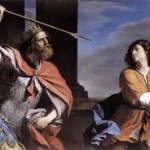
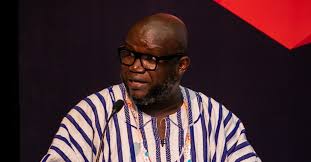

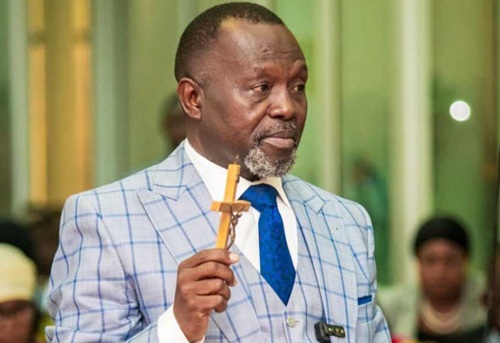
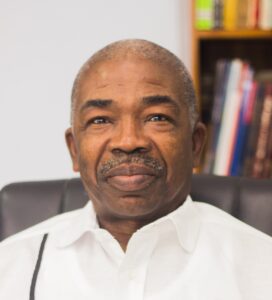
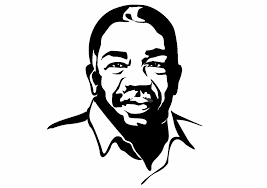

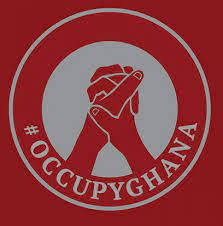



3 comments